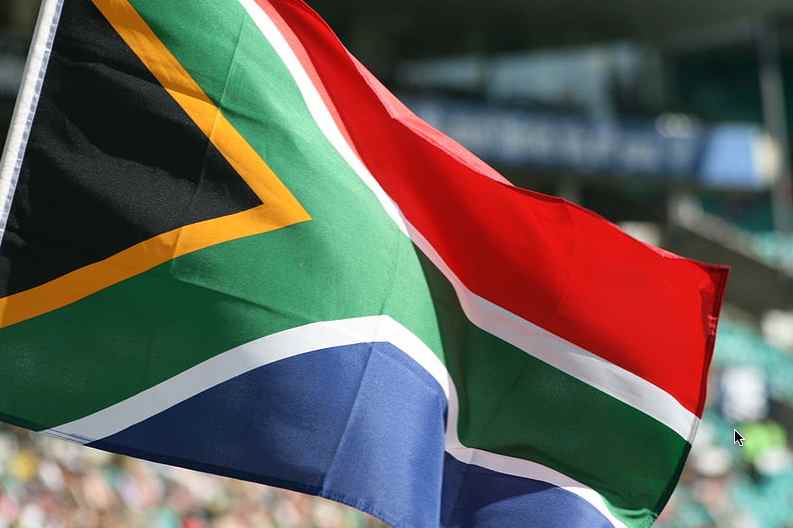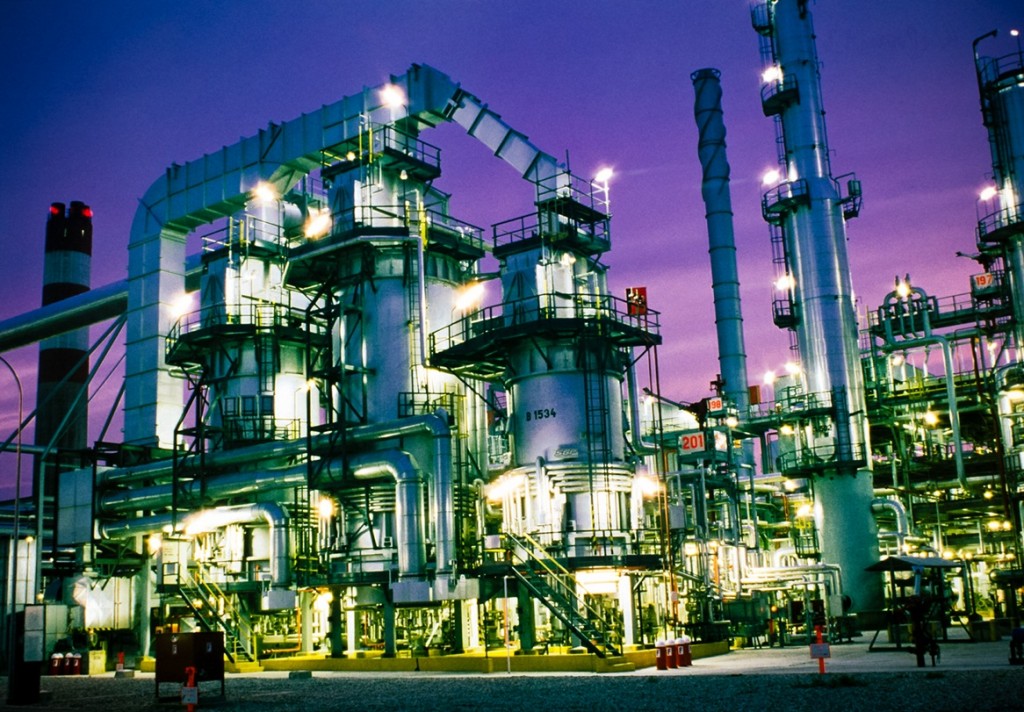South Africa regains title of “Africa’s biggest economy”
BY ALAN GREEN
According to data published by the IMF, South Africa has recaptured the title of Africa’s biggest economy from Nigeria. The West African giant claimed the title two years ago when, on April 6, 2014, it rebased its economy, a process defined by the United Nations as “replacing present price structure [base year] to compile volume measures of GDP with a new or more recent base year.”
Among other things, a country’s GDP data [the sum of its goods and services) helps track how its economy grows over time. Therefore, GDP numbers don’t mean much unless they are compared to other GDP numbers, just as the year that serves as the base for the comparison needs to change to reflect the changes in the economy, given that economies grow, shrink, add new sectors, not to mention changes in human behavior and other factors such as technologies.
A recent recalculation using exchange rates has helped South Africa regain the number-one spot, owing to the strength of the rand against the dollar, while Nigeria’s currency, the naira, has sharply weakened since the drop of its peg to the dollar. Nigeria climbed to the top in 2014 to claim the position always held by South Africa when Abuja rebased its economy for the first time since 1990 by including industries such as telecoms, the information technology, film production, airlines, and music which were previously uncounted.
But, when it’s all said and done, not much really separates Africa’s two top economies in terms of GDP data. South Africa’s economy is worth $301bn, just $5bn above Nigeria’s $296bn. Just a the future is rather bleak for the African giants, with both of their economies having contracted in the first quarter of this year, and the specter of recession hanging over them, should another contraction occur.
Nigeria’s economy, which depends quasi-entirely on oil exports, has been knocked off balance—if it ever was really on balance—by the long oil price slump. While South Africa’s economy is more diverse, with a larger industrial base, it is not expected to grow above 1% this year—if that much—with rocket-high unemployment (estimated at 26.6% in July) and a looming credit rating review at year’s end.
In sum, being the largest or the second-largest economy in Africa is merely a matter of ranking, not of great health.




